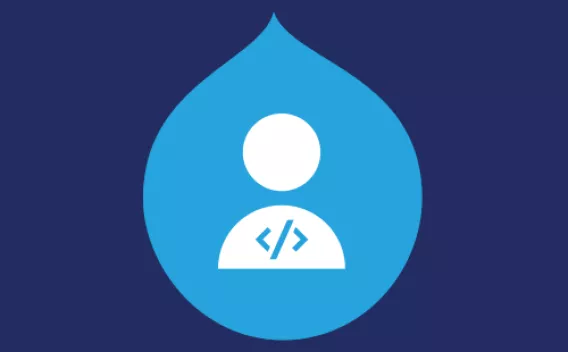Not long ago, the only way content was delivered to you from the Web was via Web pages. You typed something into a browser and a server returned a page of information.
This singular method, however, has become outdated and no longer represents all the ways you and your applications are accessing content from the Web.
With the rise in smartphone usage came an increasing consumption of Web content via specialized purpose built apps. You are no longer sitting at a desktop asking browsers to fetch pages exclusively. Now you load apps inside of browsers, tablets, and phone desktops — and those apps are fetching structured data to present content to you in an easily consumable way.
Today the trend continues with the growth of wearables. You would have a hard time viewing a Web page on your watch. But your smartwatch is consuming and sending streams of structured data to Web servers.
Smart TVs do the same thing. And so do smart thermostats, and smart water meters. More and more of your devices -- many that don’t even have a screen -- will be consuming and sending structured data.
Is your content management system capable of delivering all of your content to all the platforms that you and your customers expect? How can you re-purpose all the content and metadata your company has stored in your CMS to power different applications?
We here at Myplanet created the infographic below to capture this changing ecosystem (click on the image to see a bigger version).
The good news is that if you’re running Drupal you can easily create content that adapts to the demands of an ever-evolving Internet by decoupling the front and back end of your Drupal CMS. A decoupled Drupal platform will also allow you to post your content once and have it dynamically present content in the most effective format for each device you need to power.
Flexible content delivery will be crucial to effective content management going forward, and the next generation of sites running Drupal 8 will have highly adaptable options available from the start. Whether you want to return traditional Web pages and also deliver content as structured data via Web services, or you decide to disable Drupal’s "page" building capabilities entirely, Drupal 8 provides the flexibility content managers need going forward.
Myplanet is an Acquia partner and provider of Drupal strategy, design, and development services. Myplanet's expert staff includes 2 full-time Acquia-certified Drupal Grand Masters and 16 certified developers.






